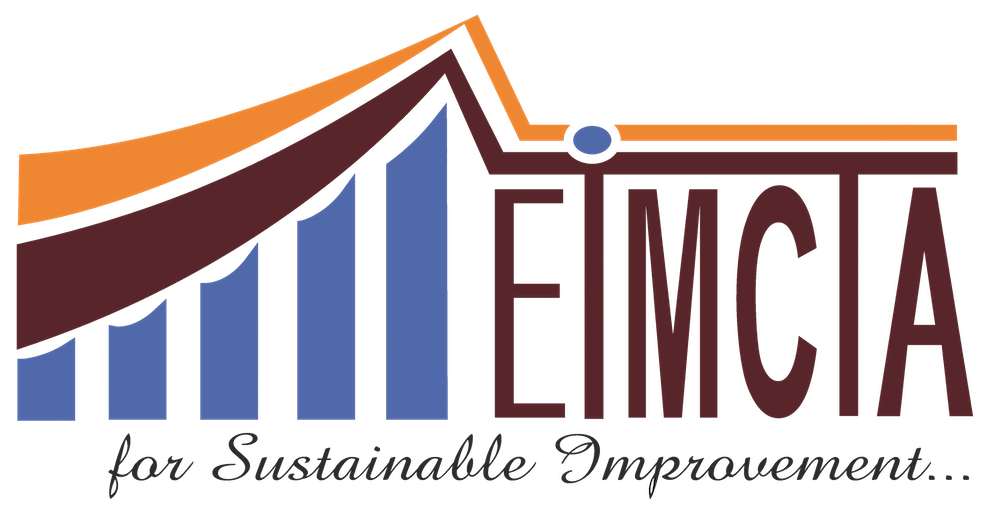Hazard Identification and Risk Assessment (HIRA): Enhancing Workplace Safety
Hazard Identification and Risk Assessment (HIRA) is a critical process that helps organizations identify, assess, and manage potential hazards and risks in the workplace. By proactively identifying risks, HIRA contributes to a safer working environment, improved productivity, and compliance with legal requirements. In this article, we will explore the principles of HIRA, its benefits, and how organizations can apply this method effectively.
About Hazard Identification & Risk Assessment[HIRA]
HIRA is not a formal standard but a widely adopted process in various industries to manage workplace risks. It involves identifying potential hazards, evaluating the associated risks, and implementing control measures to prevent accidents, injuries, or environmental damage.
Some key principles of HIRA include:
-
Systematic Approach: HIRA follows a structured and organized process to identify and assess hazards, ensuring a thorough evaluation of workplace risks.
-
Involvement of Stakeholders: HIRA encourages the participation of employees, supervisors, safety professionals, and managers to ensure all risks are understood and addressed.
-
Proactive Nature: HIRA is a proactive method that seeks to prevent incidents before they occur by identifying hazards early and addressing them with appropriate control measures.
-
Continuous Improvement: HIRA is an ongoing process that requires regular updates to ensure existing controls are still effective and that new hazards are managed appropriately.
-
Risk-Based Decision Making: HIRA helps prioritize risks based on their likelihood and potential impact, ensuring resources are allocated where they are most needed.
-
Compliance and Legal Requirements: HIRA helps organizations comply with occupational health and safety regulations, reducing the risk of legal liabilities.
Benefits of [HIRA]
Implementing HIRA offers several significant benefits for organizations:
-
Improved Safety: HIRA helps create a safer work environment by identifying hazards and implementing controls to reduce the likelihood of accidents and injuries.
-
Cost Savings: By proactively managing risks, organizations can prevent accidents, lower insurance costs, reduce property damage, and minimize downtime.
-
Enhanced Productivity: A safe workplace leads to increased employee morale and motivation, contributing to higher productivity levels.
-
Legal Compliance: HIRA helps organizations meet legal requirements related to occupational health and safety, minimizing the risk of fines and penalties.
-
Reputation Management: Implementing effective risk management through HIRA enhances the organizations reputation as a responsible and safety-conscious employer.
Who Can Apply?
HIRA can be applied by any organization or business, regardless of size or industry. It is particularly useful in sectors such as:
- Manufacturing
- Construction
- Healthcare
- Logistics and transportation
- Oil and gas
- Food production
Any organization that seeks to improve workplace safety, reduce risks, and comply with health and safety regulations can benefit from adopting the HIRA process.
How Can You Apply?
Organizations can apply HIRA by following these steps:
-
Hazard Identification: Identify potential hazards in the workplace. This may include physical, chemical, biological, or ergonomic hazards.
-
Risk Assessment: Evaluate the likelihood and severity of the identified risks to prioritize them for action.
-
Risk Control: Implement control measures to eliminate or reduce the identified risks. These may include engineering controls, administrative controls, or personal protective equipment (PPE).
-
Review and Update: Continuously monitor and review the HIRA process to ensure it remains effective as workplace conditions change or new hazards emerge.
YouTube Video
To learn more about HIRA and its importance in workplace safety, watch this video: HIRA Process Explained.
